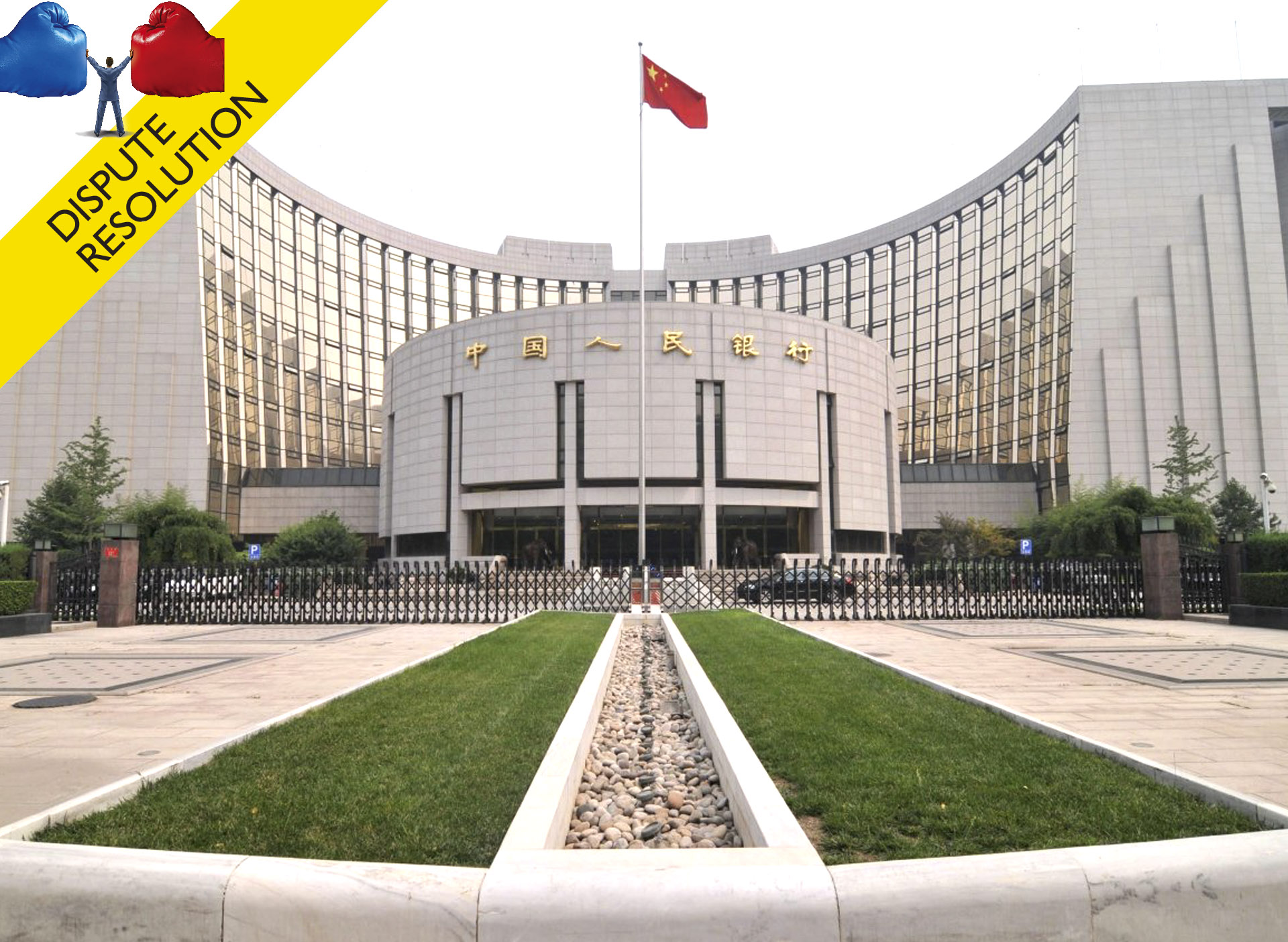China (PRC)
| Following the high profile dispute between Tencent and Qihu over the use of their software products last year, the Ministry of Industry and Information Technology (MIIT) issued draft measures regulating unfair competition activities among Internet information service providers for public comment. Jeanette Chan and Sean Li of Paul, Weiss, Rifkind, Wharton & Garrison examine the implications. Under the draft measures, MIIT has proposed that providers are prohibited from engaging in unfair competition activities, such as offering products that are incompatible with competitors’ products without reasonable grounds or authority, or disturbing the operation, or blocking the information, of competitors’ products or services. If a provider queries the security or the quality of a competitor’s service, it must test such quality through a reputable third-party organisation. Providers are also prohibited from infringing user rights in certain ways, such as restricting users’ ability to choose other providers’ products or services, arbitrarily installing, operating, upgrading, or uninstalling software on users’ terminals without their consent. Further, providers are prohibited from collecting or storing users’ personal data without explicit legal basis or the users’ consent. If personal data is required for identification or needed for the service to operate, users must be clearly informed of the purposes for which the data will be used. Any unauthorised disclosure of users’ personal data is prohibited. Providers who violate the draft measures will be subject to penalties of up to RMB1 million and, in serious cases, their business operations may be suspended. The draft measures reiterate the mechanisms currently available for settling disputes in the Internet information service sector. They reiterate the role of MIIT in its supervision and guidance over the dispute settlement process. |
Latest Updates
Who’s Afraid of AI? - Tech Tales with Paul Haswell
Join Paul Haswell, a partner at K&L Gates in Hong Kong, as he explores the transformative impact of technology on the legal profession in his new column for IHC Magazine. Paul offers insights into the challenges and opportunities for ...
Related Articles
Related Articles by Jurisdiction
What China's 13th Five-Year Plan means for businesses involved in innovation, technology and the Internet of things
China's continued focus on technology and innovation will have a critical impact on intellectual property protection and enforcement ...
Recent developments in banking dispute resolution in China
New methods of financing and challenging economic conditions have fuelled new types of disputes ...
Law firms merge in China
China's Guantao Law Firm headquartered in Beijing has announced its merger with Shanghai based law firm, Shenda Partners. The merger will create a law firm with over 460 lawyers in 14 cities including ...
Latest Articles

















